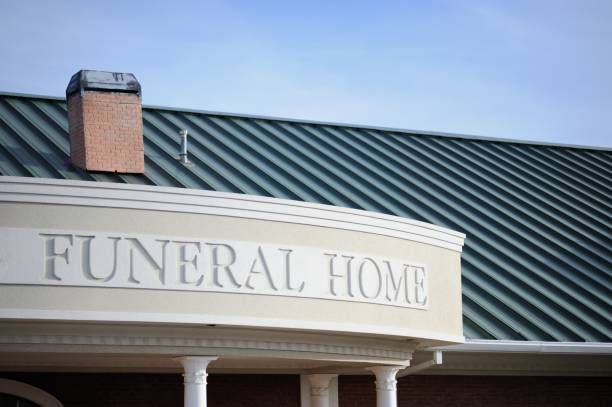Everyday Q & A
Everyday Q & A
Answers to common questions from clients.

By Lorén Schaubert
•
17 Aug, 2023
Answer: No. There is no state law in Michigan that requires a casket for burial. However, cemetery rules must be followed, and while there are an increasing number of natural (or green) cemeteries that allow a body to be buried without a casket, many traditional cemeteries still require a casket.

By Lorén Schaubert
•
11 Aug, 2023
No. There is no state law in Michigan that requires the embalming of a body unless it is to be transported more than 48 hours after the time of death. In addition, if the cause of death was an illness or disease that is listed in the Public Health Code, the body must be embalmed before being transported, regardless of how many hours have passed since the time of death. Mich. Admin. Health Code R 325.1 and R 325.2 MCL 339.1810(1)(k). Mich. Admin. Health Code R 325.1 and R 325.2 MCL 339.1810(1)(k)

By John Tamboer
•
10 Aug, 2023
The length of time to administer a trust varies in each case. However, it usually takes at least five months to complete the process. Creditors have four months from the date that a notice is published in a local newspaper to make claims against the estate. In many cases, a portion of the trust assets are distributed to the beneficiaries while the trust proceedings are still pending.

By John Tamboer
•
04 Aug, 2023
The "trust estate" refers to the property owned by a trust, both before and after the death of a settlor. A trustee only has responsibility for, and control over, the trust estate. Assets may be added to the trust estate by changing the ownership to the trustee, or by designating the trustee as a beneficiary. For example, the owner of life insurance may change the ownership of the policy to a trustee, or designate the trustee as the beneficiary of the policy. In either case, the trustee will acquire control of the policy proceeds upon the death of the owner.

By John Tamboer
•
02 Aug, 2023
A trust is usually in the form of a written declaration or agreement. The purpose of a trust is to define the duties and responsibilities of a trustee to manage property owned by the trust. The trust may have several purposes, including management of assets for one or more beneficiaries, probate avoidance, or estate tax avoidance. The purpose and intent of the trust should be clearly defined. A trust may be revocable or irrevocable.

By Courtney Moelker
•
28 Jul, 2023
In short? No. Wills a nd Probate always go together. MCL 700.3102 states “to be effective to prove the transfer of property or to nominate a personal representative, a will must be declared valid by a register’s order of informal probate or by a court’s adjudication of probate.” It’s a common misconception that last will and testaments avoid probate, when they in fact go hand in hand. By law, wills must be declared valid in order for the personal representative to formally be nominated and before the effective transfer of property.
Share
Tweet
Share
Mail
Quick-Start Options
© Estate Planning Law Group
Grand Rapids, Ann Arbor, and Northville
For assistance please call
(616) 361-2432 in Grand Rapids, or (734) 884-3914 in Metro Detroit
Disclaimer: The content of this website is a summary of highly complex legal topics. It is not intended to be used as a substitute for the advice of a qualified attorney. Estate Planning Law Group disclaims any liability to the reader unless an attorney-client relationship is established in writing.
These words helped your browser find us: estate attorney, estate planning attorney, probate attorney, will attorney, trust attorney
